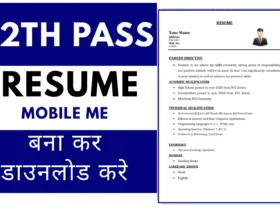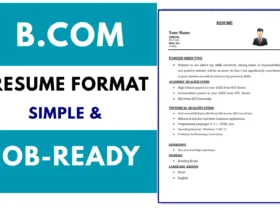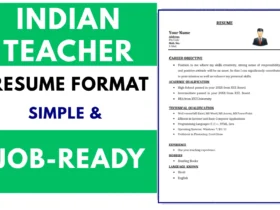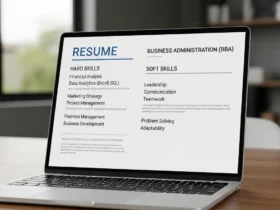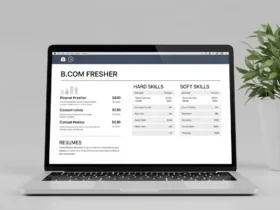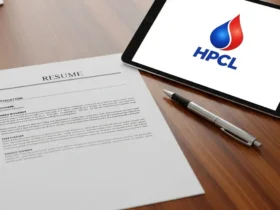If you’re a recent BCA graduate trying to land your first job or internship, you might be wondering how to turn three years of coursework, projects, and maybe a few internships into a resume that actually gets noticed.
The good news? You don’t need fancy design skills or a decade of experience to make a solid impression. What you do need is a clean, well-organized resume that highlights your education, skills, and hands-on experience in a way that makes sense to hiring managers—especially in tech and IT roles.
Let’s walk through a simple, effective BCA resume format that works for freshers and recent graduates.
Samples of BCA resume format

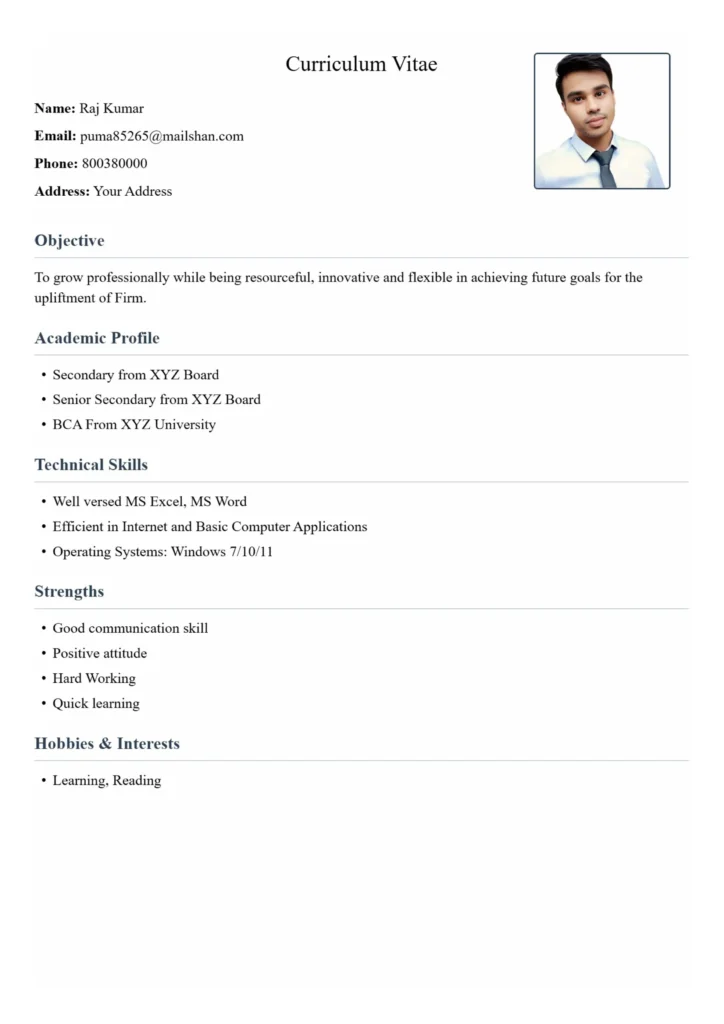
Free PDF: Save & Use This Format
Want this BCA Resume Format PDF for offline use?
👉 Download Link: [Get Here]
👉 Visit here for B.COM Resume Format
You can:
- Fill it in Adobe or any PDF app
- Print it on clean A4 paper
No signup. No cost. Just practical
How to Write a Strong BCA Resume (With a Clear, Practical Format)
Recruiters in IT companies often scan resumes quickly. They’re looking for proof that you have the right foundation—technical knowledge, problem-solving ability, and some real practice applying what you’ve learned.
A BCA (Bachelor of Computer Applications) degree gives you a strong base in programming, databases, web development, and software fundamentals. Your resume should reflect that clearly, without clutter or confusion.
Many BCA graduates make the same mistake — they write their resume like a school student. Just “BCA, 2025” and nothing else. But you’ve studied C, C++, Java, HTML, and maybe even databases or web design. That’s not basic — it’s job-ready knowledge.
Your BCA resume should highlight your technical skills, projects, and hands-on learning. Employers don’t expect you to be a senior developer. They want to see potential, clarity, and the ability to learn fast.
Here’s a format that works:
Start with your name — bold, size 14. Below it, write:
- Phone number (use one that works)
- Email (create a simple one: firstname.lastname@gmail.com )
- Full address (city and pin code is enough)
Use a clean font like Arial or Calibri, size 11 or 12. Keep it to one page — two pages only if you have internships or big projects.
Now, add these sections in order:
- Objective
- Education
- Skills
- Projects
- Work Experience (if any)
Each section should be clear, short, and easy to read. No long paragraphs. Just facts.
Education: Show Your Degree Clearly
List your education from latest to oldest:
Education
BCA – Mumbai University – 2024
ABC College of Computer Applications, Mumbai – 70%
12th Class – State Board – 2021
Saraswati Vidya Mandir, Mumbai – 75%
10th Class – State Board – 2019
City Public School, Mumbai – 72%
If you’re waiting for results, write “Result Awaited – 2024”. If you studied specific subjects like Java, DBMS, or Web Design, mention them under BCA.
Don’t hide your college or board — even if it’s not “famous”. What matters is that you completed the course.
Objective: Say What You Want, Clearly
Your objective should be 1–2 lines and job-focused:
Examples:
“BCA graduate seeking a junior web developer or computer operator role. Skilled in HTML, C++, and MS Office. Fast learner and ready to work.”
Or:
“Looking for an IT trainee position. Confident in programming basics and eager to grow in a tech environment.”
Avoid lines like “Seeking a bright future.” Be specific. Show direction.
Skills: Focus on Real Tech Abilities
As a BCA graduate, your skills are your strength. Don’t just say “good with computers.” Show what you know:
Skills
- Programming: C, C++, Java (basic level)
- Web: HTML, CSS (can make simple websites)
- Database: SQL, MySQL (basic queries)
- Software: MS Office, Tally, Photoshop (if known)
- Typing speed: 30–35 WPM
- Operating Systems: Windows, basic Linux
If you’ve used any software like Visual Studio, XAMPP, or GitHub — even in labs — mention it. These show you’ve touched real tools.
Projects: Your Secret Weapon
Your BCA project is not just college work — it’s proof you can do something. Many students skip it, but employers love it.
Add a Projects section like this:
Projects
Student Management System – Final Year Project
- Built using C++ and file handling
- Can add, search, and update student records
- Submitted with full report and code
Or:
Personal Portfolio Website
- Designed using HTML and CSS
- Hosted on free platform (like GitHub Pages)
- Includes resume, skills, and contact page
Even small projects count. They show you’ve applied your knowledge.
Work Experience: Include Any Real Exposure
If you’ve done:
- A 1-month internship at a computer center
- Part-time computer operator job
- Helped in a shop with billing software
- Taught basic computer to others
It counts. Write it simply:
Work Experience
Computer Operator – Local Cyber Cafe – June–July 2023
Managed daily billing and customer logins
Fixed minor software issues
Helped customers print and scan documents
Or:
Work Experience
Part-time Tutor – Home Classes – 2022–2024
Taught MS Office and C++ to school students
Created simple notes and practice programs
This shows you can handle real tasks.ience speak for itself.
What to Avoid in a BCA Resume
- Long paragraphs – keep everything short and scannable
- Fancy templates or colors – stick to clean, black-and-white formatting
- Irrelevant details – hobbies, family info, or high school marks (unless very recent)
- Spelling or grammar mistakes – read it aloud before sending
Use a simple font like Arial or Calibri, size 10–12. Keep the whole resume to one page.
Final Tips Before You Send It
- Save it as a PDF – This keeps the formatting intact. Name the file: YourName_BCA_Resume.pdf
- Tailor it slightly for each job – If the role mentions JavaScript, make sure it’s visible in your skills and projects.
- Ask someone to review it – A teacher, senior, or friend with job experience can catch things you miss.
Wrapping Up
You don’t need years of experience to build a strong BCA resume. You just need to present what you do have—your degree, your skills, your projects—in a clear, professional way.
Focus on clarity over creativity. Let the content do the talking.
When you apply for jobs, remember: your resume isn’t just a list of what you’ve done. It’s your first chance to show you’re ready to learn, contribute, and grow in a real IT role.
And that’s something every employer is looking for.
Got a draft ready? Try reading it from a hiring manager’s point of view. Does it answer: Can this person code? Do they understand basic IT concepts? Are they serious about starting a career?
If yes, you’re on the right track.
Now go hit “send” with confidence.

